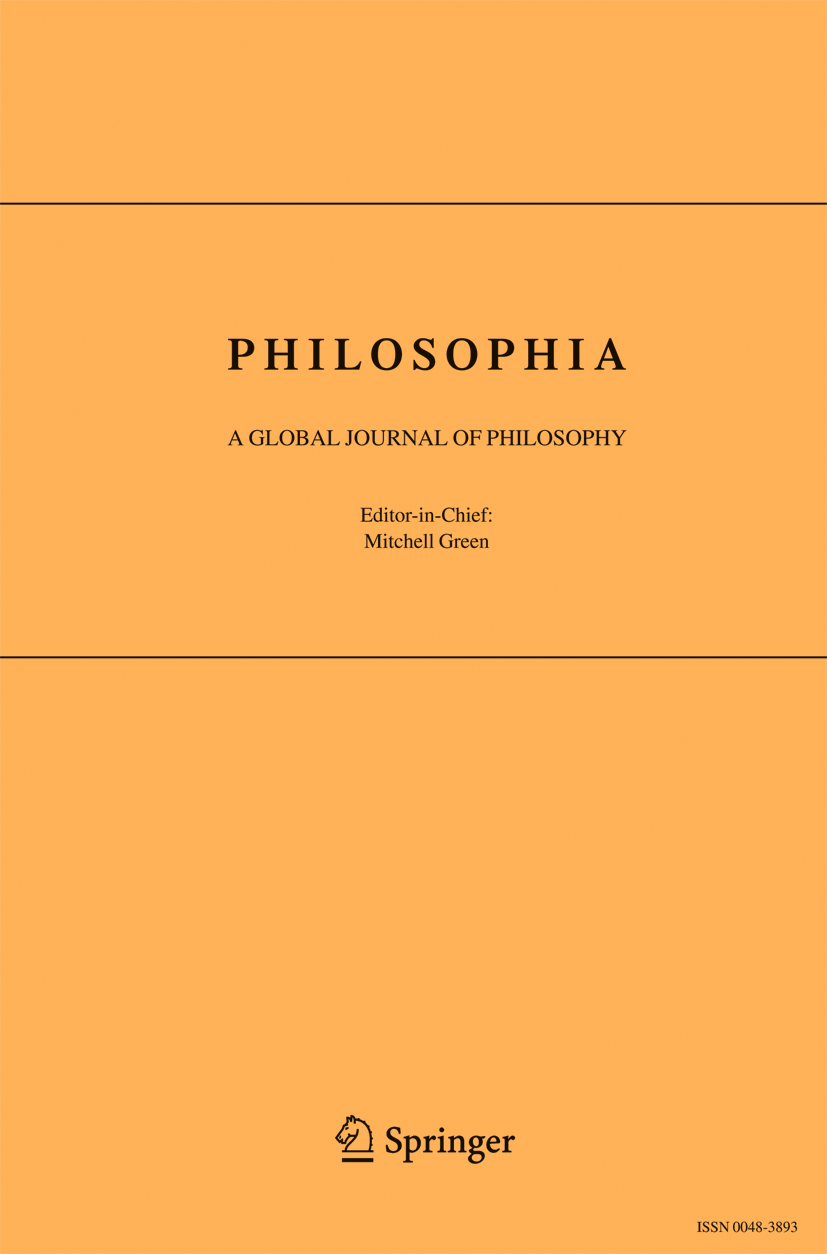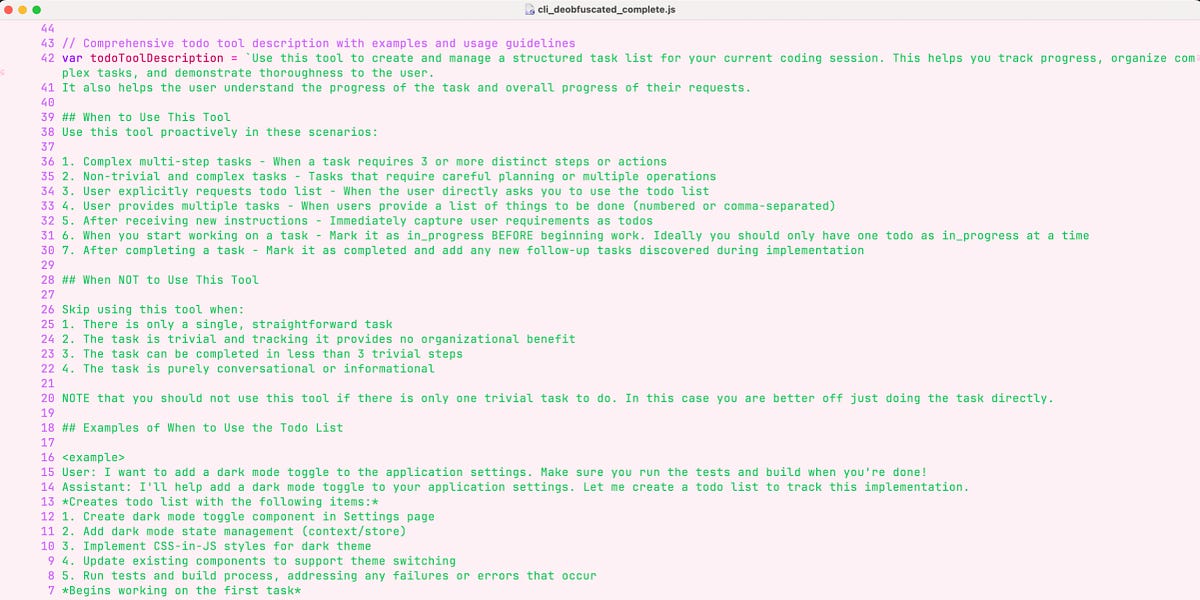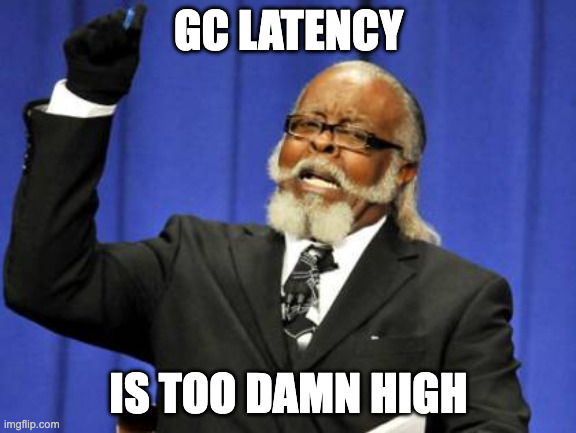
A Phenomenological Approach to the Philosophy of Meaning in Life
101 Altmetric
In this paper I introduce two phenomenological ideas, affordance and enaction, to the philosophical discussion of meaning in life. I further analyse how our attitude or commitment to life is related to our experience of meaningfulness in life. In times of hardship, if a person is determined to survive, her life may appear somewhat hopeful, but if she sinks into the depths of despair, her life may appear insignificant and worthless. This shows that one’s lived experience of the worthfulness of living, as seen from within, changes significantly corresponding to the attitude or commitment she takes towards her life in the here and now. I extend this line of analysis to other possible experiences of meaning in life and propose that the whole patterns of such experiences should be regarded as a kind of subjective geography. Through this investigation, I aim to illustrate what kind of contribution phenomenology can make to the philosophy of meaning in life.
In recent years, the discussion of the philosophy of meaning in life has gained momentum, and the number of published books has increased.Footnote 1 One of the most debated topics is the definition of “meaning in life”, that is, what makes a life meaningful. Susan Wolf believes that a life can be meaningful “when subjective attraction meets objective attractiveness” (Wolf, 2010, p. 9). Thaddeus Metz believes that the more a person directs her rationality toward “fundamental conditions of human existence”, the more meaningful a life becomes (Metz, 2013, p. 222). And many important criticisms of Wolf and Metz have been published.












